Peninsula Health Center | Addiction Treatment in South Bay Area
Treatment For Your Needs
Bipolar and Addiction Treatment
Home / Programs & Therapies / Dual-Diagnosis
- Call Today for a Free Consultation
- 1-866-934-8228
Bipolar and Addiction Treatment
If you or your loved one have bipolar disorder, you’re affected by one of three serious mental health conditions. While they differ in certain respects, all these conditions elevate and depress your normal mood in dysfunctional ways. Along with these mood changes comes a substantially increased risk for drug and alcohol problems. You can recover from these problems in rehab, but only if you also get help for your bipolar symptoms. You can find this help in a dual-diagnosis treatment program.
Looking for a bipolar and addiction treatment center in Southern California? Turn to Peninsula Health Center. We feature a dedicated program for adults affected by substance problems and bipolar disorders. With our help, you can get the timely, coordinated support you need to regain mood stability. You can also get the support you need to stop abusing drugs or alcohol.
Medication-Assisted Treatment
Expertly managed medication-assisted treatment options available to all clients.
Unique Therapies
We utilize the latest advancements to ensure all clients experience personalized care.
Outpatient Options
We offer day and night intensive outpatient options so you don't have to worry about missing out.
Meet the Team
At Peninsula Health Center, we've established a world-class team of expert, caring treatment providers.
Our Program Defined
We offer integrative wellness solutions from addiction to mental health to overall health & wellness.
Tour Our Facility
Our convenient location makes its easy to access top-notch addiction medicine in Southern California.
Learn More
Understanding Bipolar Disorders
Everyone experiences fluctuations in their daily mood. You may feel happy at some moments, while you may feel down or sad at others. While they can strike you as pleasant or unpleasant, these mood changes don’t usually impair your ongoing ability to function. However, that situation changes if you have bipolar disorder.
There are three officially defined forms of these conditions: bipolar I disorder, bipolar II disorder, and cyclothymic disorder. Each of these conditions centers on its own version of two main symptoms:
- Periods of an elated, energized mental state called mania
- Periods of a notably down, depressive mental state
People affected by bipolar I disorder experience extreme mania, as well as major depression. People with bipolar II disorder also experience major depression symptoms. However, their episodes of mania are less extreme. If you have cyclothymic disorder, your depression and mania symptoms are less intense. However, you cycle between dysfunctional moods for longer overall amounts of time.
Have questions about any of the three bipolar disorders? Get them answered today at Peninsula Health.

Bipolar Disorder and Substance Addiction
Bipolar Disorder and Risks for Substance Addiction
The presence of any mental condition can increase your risks for serious substance problems. At the same time, the presence of any substance problem can increase your risk for mental disorders. Regardless of the specific condition and substance problem affecting you, their overlap has a common name: dual diagnosis.
Some forms of mental health disorder produce a greater risk for substance problems than others. The single highest risk is for people affected by bipolar disorder. In any given year, as many as 25% of all people with a bipolar disorder will experience:
- Clinical drug or alcohol addiction
- Dysfunctional, non-addicted drug or alcohol abuse
- Combined symptoms of abuse/addiction
Over the course of a lifetime, your risks may reach as high as roughly 60%. The most common substance misused by people with a bipolar disorder is alcohol.
For more information on bipolar disorder and your abuse/addiction risks, contact us today.
The Impact of Substance Abuse or Addiction on Bipolar Disorder
One of dual diagnosis’ major concerns is the negative impact that one condition can have on the other one affecting you. How does this impact affect people with bipolar disorder? Research shows that the presence of abuse/addiction can:
- Make your bipolar episodes more severe
- Lead to more frequent bipolar episodes
- Decrease your overall state of well-being
- Lower the effectiveness of medications used to treat bipolar disorder
These issues tend to have a greater effect in people with drug- or medication-related substance problems.
Want to know more about the impact of substance problems on bipolar disorder? Consult the experts at Peninsula Health’s bipolar and addiction treatment center today.
Dual-Diagnosis
Find out more about our dual-diagnosis programming at Peninsula Health Center in Palos Verdes.
Holistic Therapies
Explore the different types of holistic treatment options offered at Peninsula Health Center.
Medication-Assisted
Discover how our medication-assisted treatment program works and begin healing today.

Addiction and Bipolar Disorder
Identifying Abuse/Addiction in People Affected by Bipolar Disorder
Even when you’re not dealing with other problems, diagnosis of bipolar is sometimes difficult. If you’re affected by substance abuse/addiction, that difficulty can increase. Why? The effects of substance problems can sometimes resemble the effects of bipolar conditions. It takes training and experience to overcome this obstacle and diagnose accurately.
A similar issue arises in reverse for doctors trying to identify abuse/addiction in people affected by bipolar disorder. As a rule, the easiest problems to diagnose in this situation are alcohol-related. Diagnosis of other problems is often more subjective and less clear. Again, training and experience help reduce the difficulty involved.
Talk to us today for more information on diagnosing abuse/addiction in cases of bipolar disorder.
Find Lasting Recovery
Get a free consultation right now. Fill out the form below to get a callback from our expert and caring admissions team. Whether you are a fit for our program or not, we will help you find the best treatment options that work for your personal needs.
Treating Bipolar Disorder and Substance Abuse/Addiction
All cases of dual diagnosis require coordinated treatment. This treatment has two goals:
- Helping you recover from the particular substance problem affecting you
- Limiting the impact of the mental condition affecting you
What recovery options are most effective for people affected by abuse/addiction and bipolar disorder? The list of these options includes two medications: lithium and valproate. These medications can potentially:
- Ease the mood instability of bipolar disorder
- Lower your level of involvement in drug or alcohol use
What about therapy for addiction and bipolar disorder? Two therapies that support substance recovery can also help recovery from bipolar disorder. The first of these therapies is cognitive-behavioral therapy (CBT). The second is family-focused therapy.
At Peninsula Health Center, we use therapy and medication as part of customized plans for abuse/addiction and bipolar recovery. We also rely on various secondary treatments that focus on your holistic well-being. To find out more, talk to our helpful staff today.

Your Health Insurance Can Pay for Treatment
Learn more about how Peninsula Health Center works with health insurance plans and how your insurance can help cover most of the costs associated with treatment.
Turn to Peninsula Health’s Bipolar and Addiction Treatment Center
Recovery from bipolar disorder is challenging on its own. If you’re also affected by severe substance problems, that challenge is magnified. However, you can make real progress in a customized dual diagnosis program. This kind of program pays equal attention to your bipolar symptoms and your abuse/addiction symptoms. In this way, it helps lay the groundwork for your short- and long-term success.
Need a dual diagnosis specialist in Southern California? Peninsula Health is here for you. Our bipolar and addiction treatment center features a full range of options for your recovery. We can help, regardless of the bipolar disorder affecting you. We can also address any substance problem that accompanies your bipolar disorder. Want to know more about our personalized services? Just contact us today by phone or email or via our online form.

